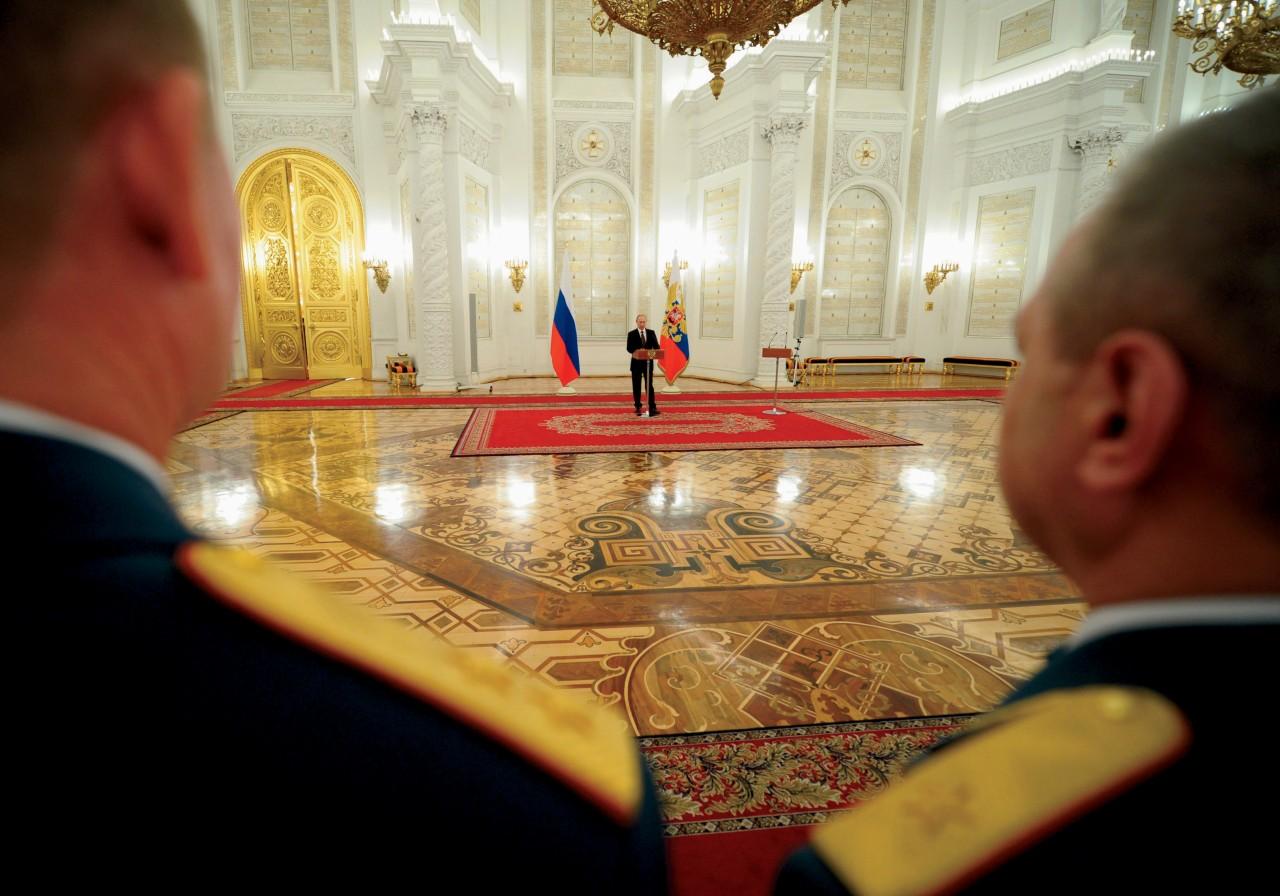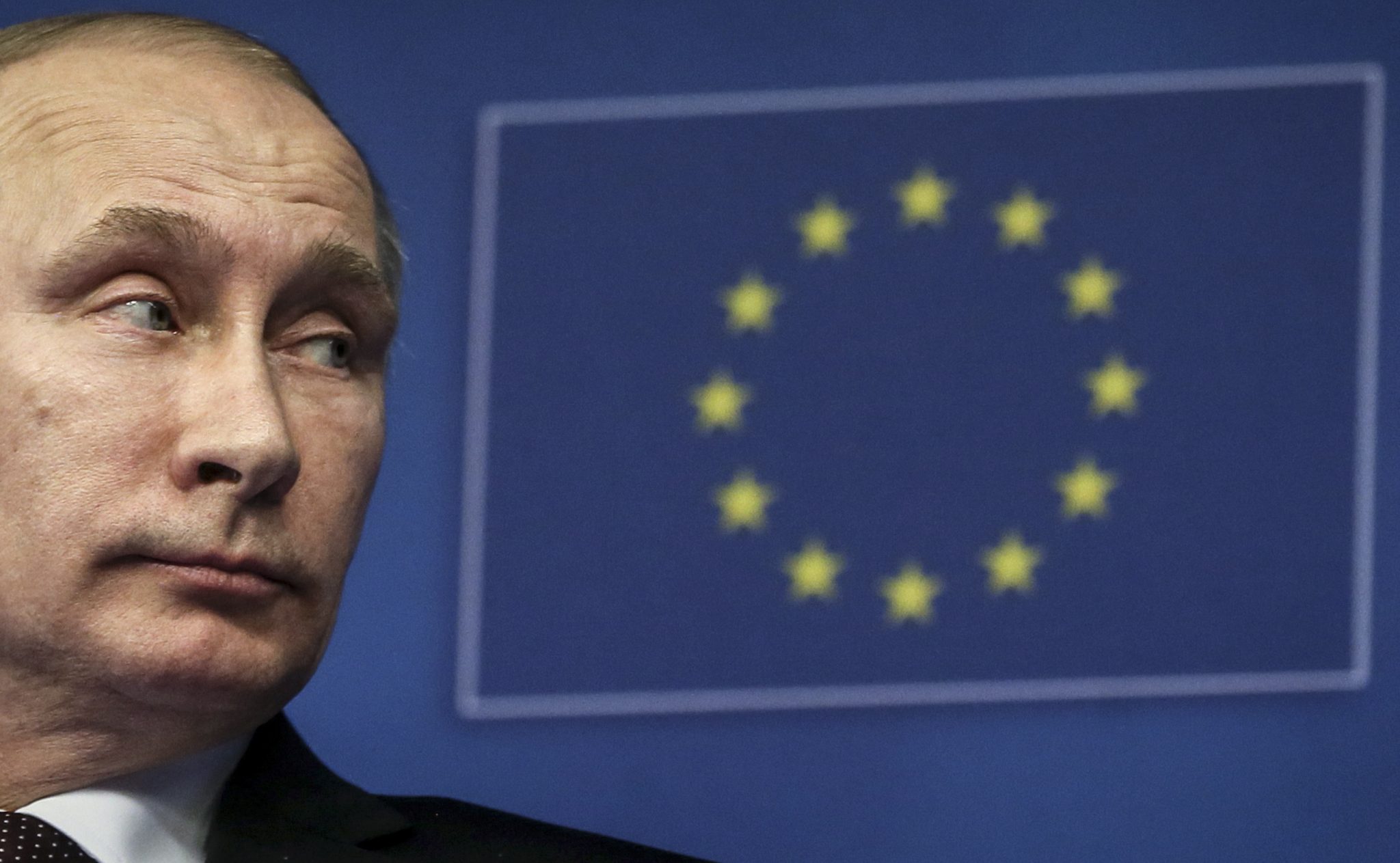
What have we learned and what are the implications for Putin and for relations between Russia and the West from the ‘Panama Papers’ scandal? Here’s what we know so far.
Substantial evidence of Putin’s involvement
The owner of two Russia-linked offshore companies with an alleged turnover around $2 billion, cellist Sergey Roldugin, has no record of major involvement in business and nothing in Roldugin’s experience or career suggests that he is worth this much. In a 2014 interview with The New York Times , he said ‘I’m not a businessman, I don’t have millions’, a claim which is supported by the lack of evidence of meaningful business activity on his behalf.
Is there any reason major Russian businesses would pay billions through highly controversial deals to a cellist with no practical business experience and no value as a business partner?
Oh, wait, let’s not forget one important thing: the cellist is the closest personal friend of the Russian President. The money transfer schemes involved are mostly obscene in terms of full lack of commercial sense: unreasonably huge penalties for wittingly breached deals, generous buy-offs of publicly traded shares just days after they were sold to Roldugin’s firms at but a fraction of the future buy-off price, etc. All these deals will be subject to thorough money-laundering investigation because this is what bribes normally look like in the modern world.
What implications for Russia?
Most commentators agree that the publication of the ‘Panama Papers’ will have little public effect on the Russian society. There are a number of reasons for this: Russia’s state media almost completely silenced the revelation about the papers, Russians are used to it and, to a large extent, tolerate large-scale corruption. Some people would buy arguments that ‘it’s the Western plot to discredit Putin’ and that ‘Putin’s personal signature is not in the register = no proof’.
However, among the Russian elites, this publication will undoubtedly have a great psychological effect. Alongside Roldugin, many Russian officials and businessmen have been exposed in the papers as owners of offshore companies. And many of them have already had too much to deal with in previous years – Western sanctions, the international credit blockade, difficulties moving money back and forth across the borders, dealing with Western authorities and financial institutions. They thought that Putin’s system would offer them protection once they’ve been loyal to the Czar—but now it seems that the Czar is mostly busy covering his own deals, and the protection has vanished. On top of this, the additional sanctions and growing difficulty in cross-border business as a result of the Czar’s policies likely make them question if it is worth it supporting Putin and his system any longer?
I do not believe that an ‘elite revolt’ against Putin will occur in Russia any time soon—Putin has effectively managed to suppress the quality of the Russian elites, expel the most outstanding persons from power, and breed only loyal depoliticised technocrats around him, who are also under 24/7 surveillance by the security services. But the ‘Panama Papers’ are an important milestone in creating a situation where, there will be few who would stand to defend him, as, unlike previous years, a lot of influential people have had enough.
As for Russia’s relations with the West, clearly the issue of the alleged link between President Putin and the Panama offshore money will be investigated much more in-depth. There is enough evidence that a link possibly exists, so it is not enough to rely just on independent investigative journalists—it is time for governments to step in if they are serious in their rhetoric about combating corruption and money laundering.
- This article originally appeared on Martenscentre



